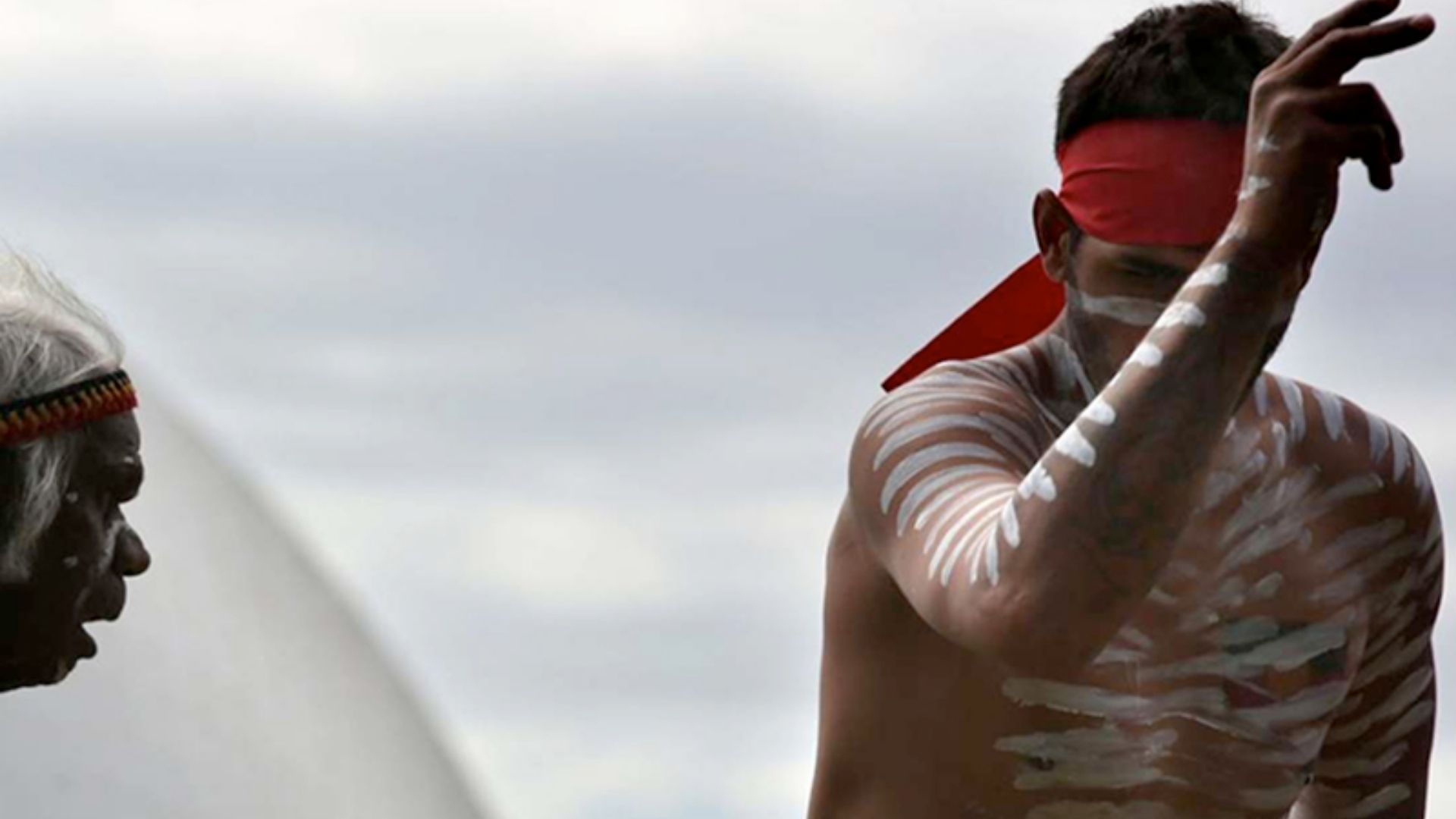
I work for Culture Is Life, a not-for-profit combating suicide and self-harm among young First Australians – nine times the rate in the general population. As a nation we need urgently to ask ourselves, how can we counter the crippling despair overcoming so many of our young people? We believe some answers lie in strengthening their connections to culture, community and history. But there’s another ingredient we can’t supply – empathy and respect from our fellow Australians.
The US group Black Lives Matter formed in response to police killings of African Americans. Conservative elements reacted by twisting the obvious meaning of the phrase. Their rhetorical tactic, boiled down, is to assert “they’re saying white lives don’t matter”. But no, they’re not. They’re saying “our lives have value too”. If some police routinely approach black citizens predisposed to deadly force, something is terribly wrong.
In Australia we’ve seen a similar reaction to changing the date of Australia Day. It’s been labelled unpatriotic, divisive and an attempt to denigrate modern Australia. This would be ludicrous were it not coming from sources as significant as our Prime Minister. In his recent video address, Mr Turnbull professed to be “disappointed by those who want to change the date …” whom he said are “seeking to take a day that unites … Australians and turn it into one that would divide us”.
This is flat out wrong and it’s another shabby bit of rhetorical “twister”. No one I know is calling for Australia Day to be abolished or seeking to create division. On the contrary, we’ve been consistently saying we want a national holiday, we should celebrate our achievements, we should come together. We’re also saying “please choose another day”. This particular date, far from unifying Australia, marks an anniversary that is for us tragic, painful and distressing. It began two centuries of land theft, massacres, epidemics, family destruction and discrimination with legacies of entrenched disadvantage that remain vividly present.
If that were part of your family history, how would you feel to see your neighbours celebrate? Aboriginal Australians have formally mourned on this date since 1938. The public holiday on the 26th was created 24 years ago. Mr Turnbull’s former colleague, Ian MacFarlane, last year joined the call for a different day. He reminded everyone that previously the holiday “moved around like a hockey puck” to secure a long weekend. No one cared.
A 2016 poll found only 43 per cent of Australians knew what the holiday commemorates. The notion this date is somehow sacred to Australians is very recent myth-making. A party on this date tramples on feelings of immense grief among many Australians. It fails to respect and care for our young people. It damages them. How is that “unifying”? And how is a request that Australia respectfully consider an alternative date when we might all join in a celebration something that “would divide us”.
Aboriginal communities witness parties on this date as celebrating the crushing of their people and culture. That’s how it looks. That’s how it feels. That’s just a fact. If some Australians – even the Prime Minister – can’t show us the respect to acknowledge that, then they’re saying we don’t matter. If that’s the case, perhaps we’ve got problems as deep as those in the United States.
Belinda Duarte, a Wotjobaluk woman, is CEO of Culture is Life.
2018 This article was originally published in the Age and Sydney Morning Herald

